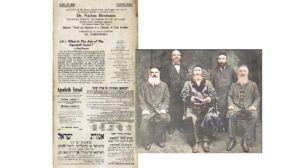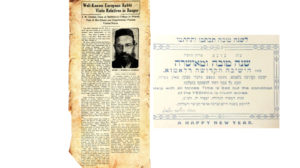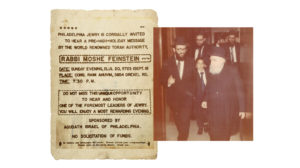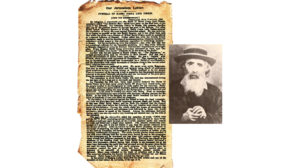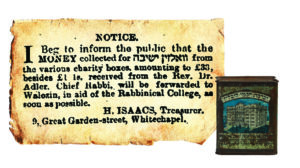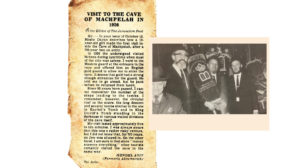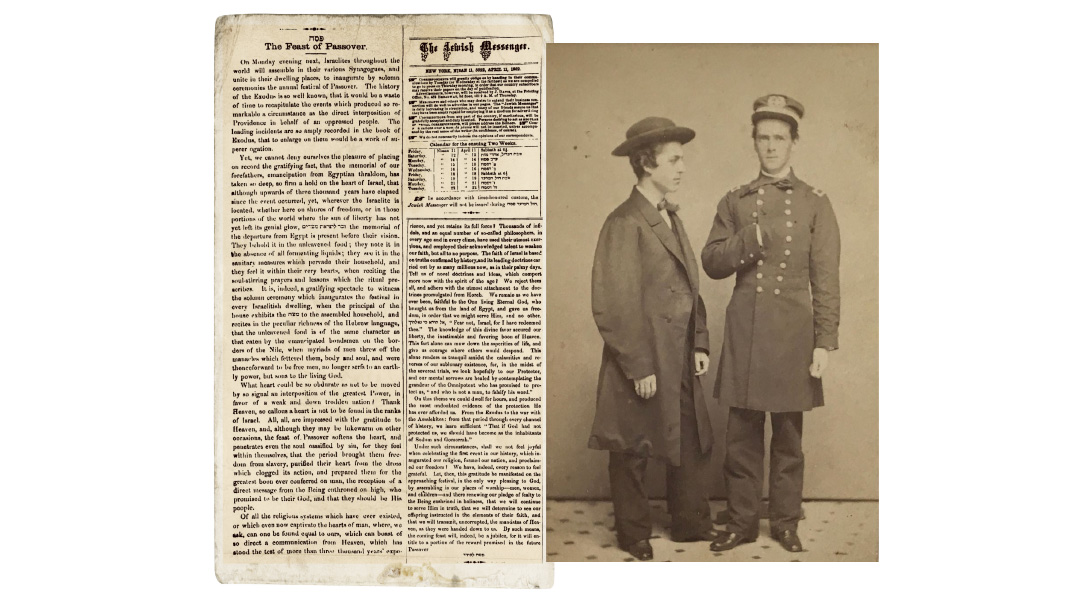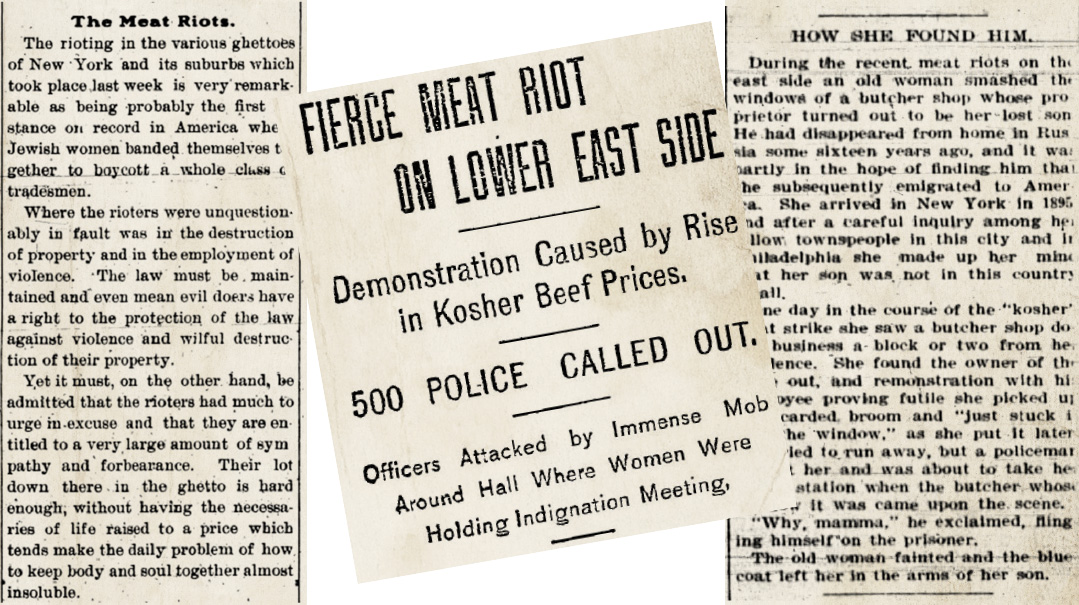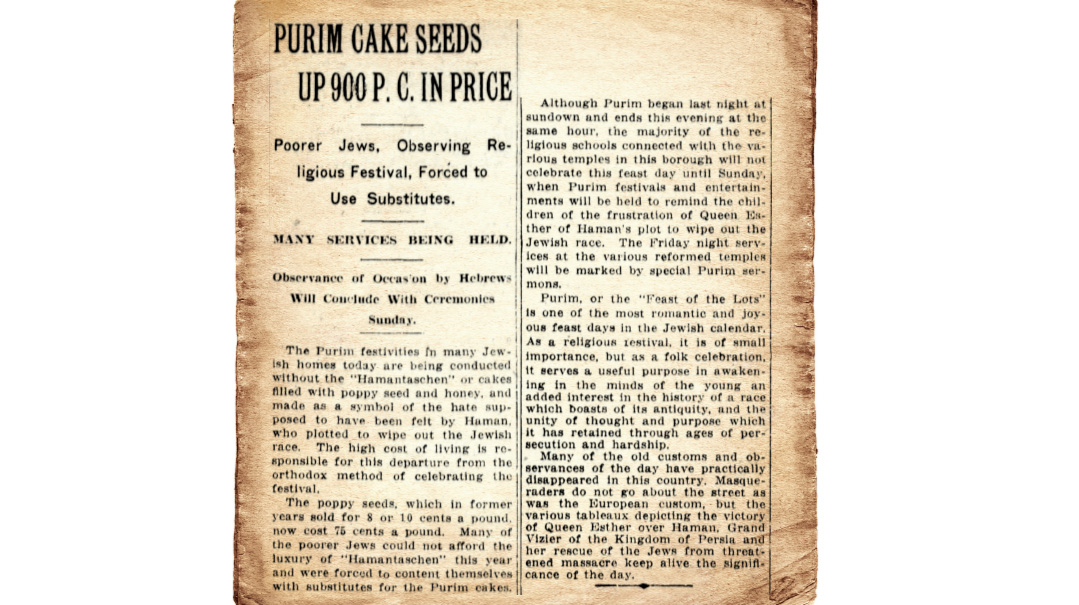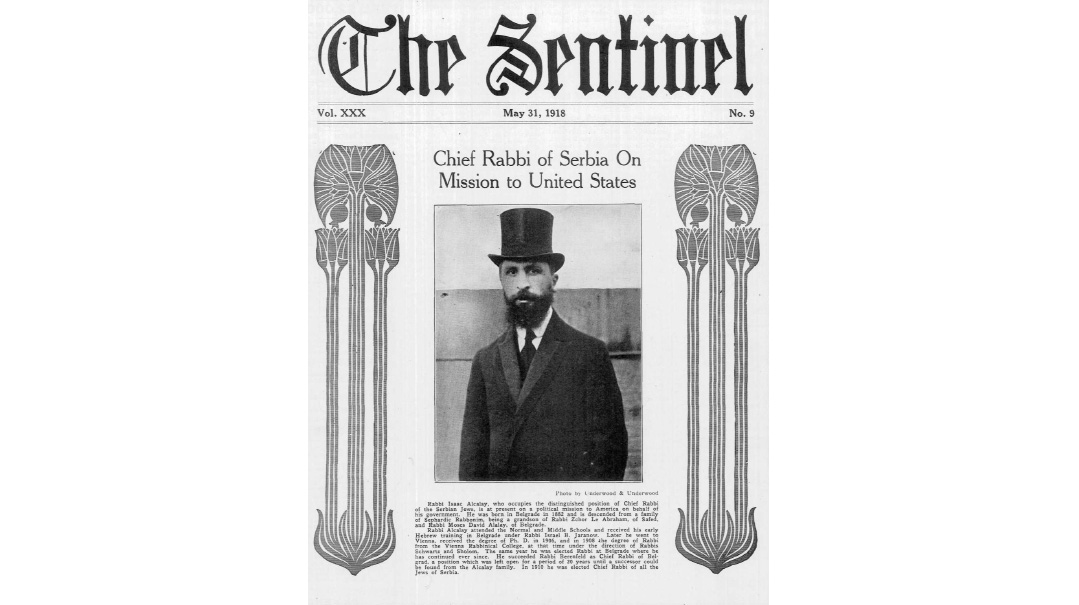Kosher at Any Cost
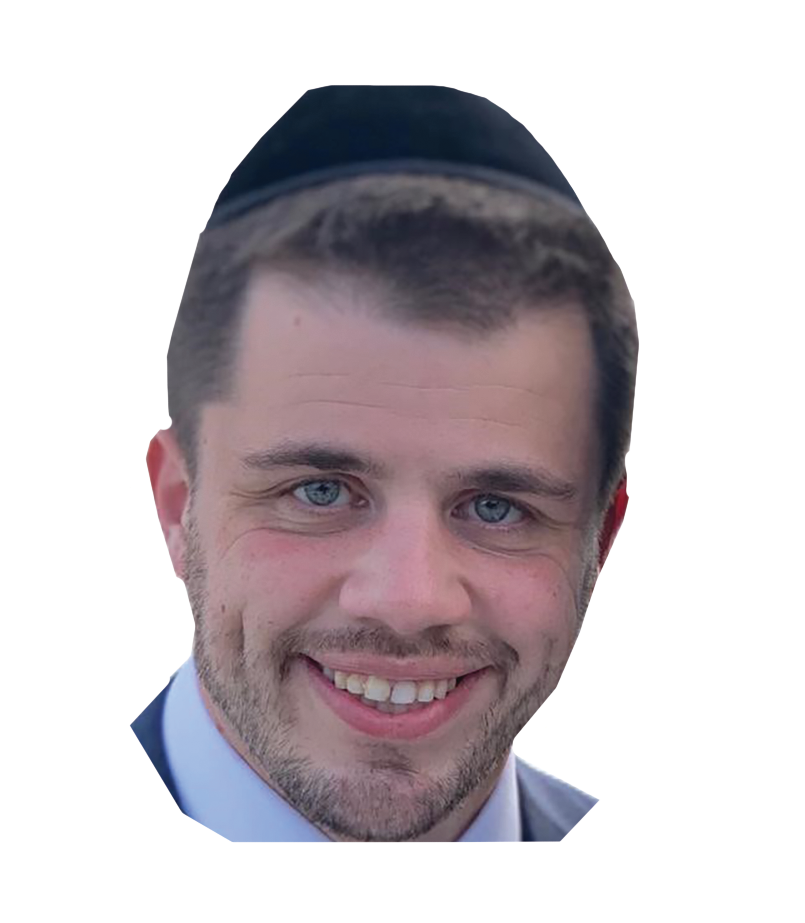
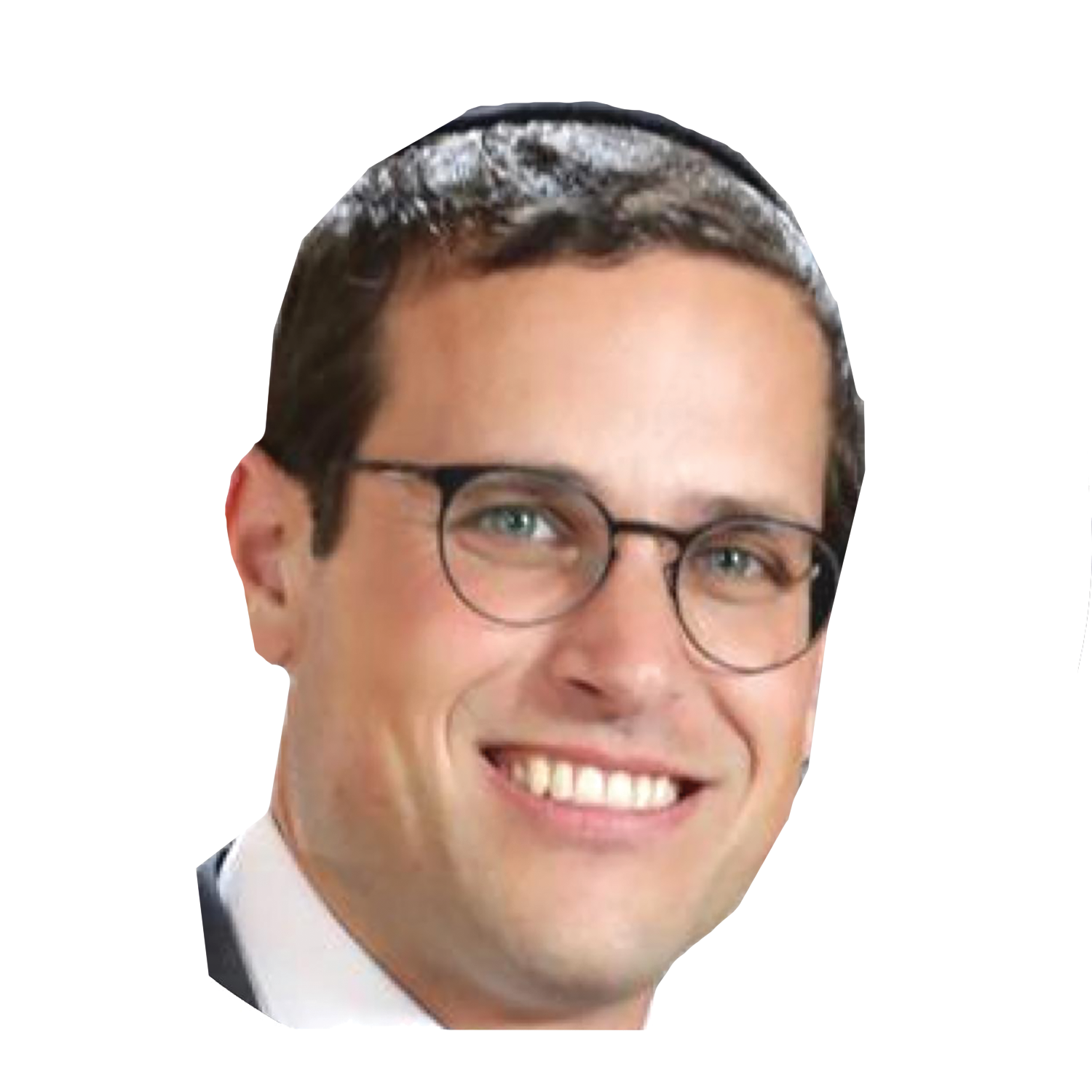
Answering the call was a young, ambitious scion of the Alter of Slabodka named Eliyahu Meir Finkel
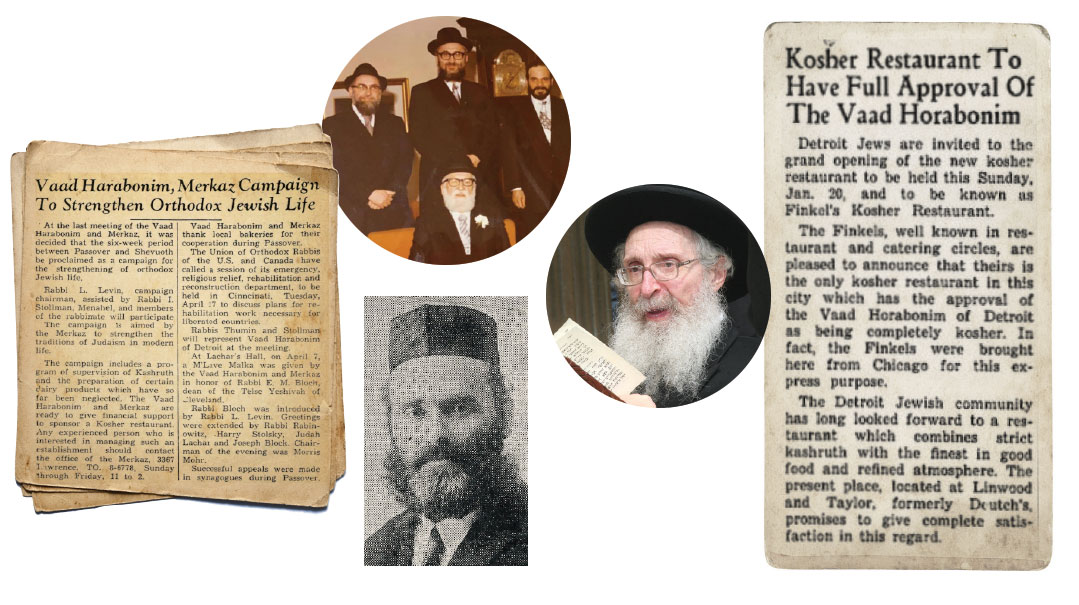
Title: Kosher at Any Cost
Location: Detroit, Michigan
Time: 1945
For many years, Rabbi Eliezer (Leizer) Levin stood at the helm of Detroit’s Vaad Harabonim, working tirelessly to promote Yiddishkeit. A product of the great yeshivos of Radin and Kelm, he arrived in the Motor City in 1938 and dutifully began implementing the directive of his rebbi, the Chofetz Chaim, who had advised him, “Gei redn mit Yidden [Go speak to Jews].” Rabbi Levin helped found the Beth Yehuda yeshivah and promoted kashrus, shemiras Shabbos, and mikvaos. Although Detroit lacked an official position of Chief Rabbi, Rabbi Levin was the unquestioned leader of the city’s Jewish community for more than half a century.
Among the myriad projects Rabbi Levin undertook was the opening of a kosher restaurant. The Vaad viewed this initiative as essential in a city where the assembly lines ran 24/7, and was therefore willing to support such a risky business venture.
Answering the call was a young, ambitious scion of the Alter of Slabodka named Eliyahu Meir Finkel. The new establishment was dubbed “Finkel’s Restaurant,” and ensured that Detroit’s tireless Jewish laborers would have a kosher meal available. Although Finkel’s Restaurant lasted only a couple of years, the mesirus nefesh of Rabbi Leizer Levin and Reb Eliyahu Meir Finkel was surely noticed by their young children: Rav Nosson Tzvi Finkel of Yeshivas Mir and Rav Avraham Chaim Levin of Telshe would go on to become two of the great Torah builders of their era.
Did You Know:
The Finkels moved to Chicago in 1947 and opened a catering business, which they successfully operated for decades. Reb Eliyahu Meir Finkel would sit on the executive council of Agudath Israel in Chicago alongside Rav Avraham Chaim Levin, Rav Chaim Dov Keller, as well as Rav Yaakov Perlow, the future Novominsker Rebbe. His wife Sara was active in the sisterhood of Telshe, Ponevezh, and the local Arie Crown Day School. She maintained an open home, where they hosted gedolim such as Rav Aharon Kotler, Rav Mordechai Schulman, and Rav Shmuel Greineman, whose granddaughter would go on to marry Rav Nosson Tzvi.
A Ben Bayis of the Chofetz Chaim:
During Rav Leizer Levin’s tenure in Radin, he was asked to tutor the son of the Chofetz Chaim. In return, he was given the unique opportunity of becoming a ben bayis in the home of his revered rebbi, residing there for about a year and a half. Asked to describe the impact such close contact with the leader of Torah Jewry had on him as a youngster, Rav Levin replied, “If you didn’t know, you didn’t see anything. But if you knew who he was, then you saw everything.”
Mrs. Sara Finkel’s Perspective
We spoke to the regal Mrs. Sara Finkel, the wife of Reb Eliyahu Meir z”l, currently living in Yerushalayim. She shared some memories with us in honor of the ninth yahrtzeit of her son Rav Nosson Tzvi ztz”l.
My future father-in-law came to daven on Leil Shabbos in the Adath Yeshurun shul in St. Paul, Minnesota, where my father, Reb Shmuel Rosenblum, was president. My father, who was a big machnis orech, invited him to our home. At the Friday night seudah, as I sat across from him, he mentioned that his feet hurt. I fetched my father’s slippers and said to him in Yiddish, “Here put these on, your feet will feel better.”
Shortly after Shabbos, he asked me for directions to a place he needed to go to. It seemed that the directions weren’t clear. So I put on my coat and walked him to his destination. That was another chesed I did for him. It appeared as if he was testing me. When he returned to our home, he spoke to my father about his son Eliyahu Meir (who became my husband). We were married in St. Paul and started out in Chicago.
The restaurant tradition was in the Finkel family from the previous generation. While Rav Avraham Shmuel Finkel, son of the Alter of Slabodka, served as the mashgiach of the Chevron yeshivah in Yerushalayim, his wife Golda — daughter of the Tshechnovtze Rav, Rav Yehuda Hachanochi — ran a boarding house on Rechov Yeshayahu, where she cooked her famous meals.
Providing kosher food where it was lacking was also a Rosenblum family tradition. In the early decades of the 20th century, with Jewish communities dotting the American landscape and a dearth of rabbinic leadership, shochtim often served as religious figures in outlying areas. Such was the shochet Reverend Shmuel Rosenblum, the stalwart of Yiddishkeit in St. Paul, Minnesota.
Rabbi Eliezer Levin’s concern for communal kashrus, and for the young Finkel family’s ability to earn a respectable livelihood upon their arrival in Detroit, impelled him to recommend that they pursue the business venture.
It’s been 75 years since we operated the restaurant in Detroit, so I don’t recall everything. I remember that Rabbi Levin z”l was instrumental in our kosher restaurant opening in Detroit, and I remember working there as a cashier. My son Rav Nosson Zvi ztz”l was about four years old at the time, and I remember him sitting at one of the tables as I worked. I also was involved in the curation of the menus at the restaurant.
I recall that many distinguished people came to eat there. Some of the students who were studying at Yeshivas Chachmei Lublin in Detroit at that time came by occasionally as well. Detroit was a popular stop for meshulachim traveling across the Midwest, and each one that visited Finkel’s Restaurant was treated to a complimentary bowl of soup.
Ultimately, the restaurant did not last because most of the [kashrus-observant] Jews in Detroit were recent immigrants, mostly poor or working class who couldn’t afford restaurant food.
Mrs. Sara Finkel continues the family tradition through the publication of her cookbooks, which are popular and beloved in Jewish homes around the world. Through an upbringing that emphasized providing nourishment and sustenance to fellow Jews, Rav Nosson Tzvi would ultimately become a provider of nourishment as well. His parents fed the body; he would nourish souls.
(Originally featured in Mishpacha, Issue 833)
Oops! We could not locate your form.

